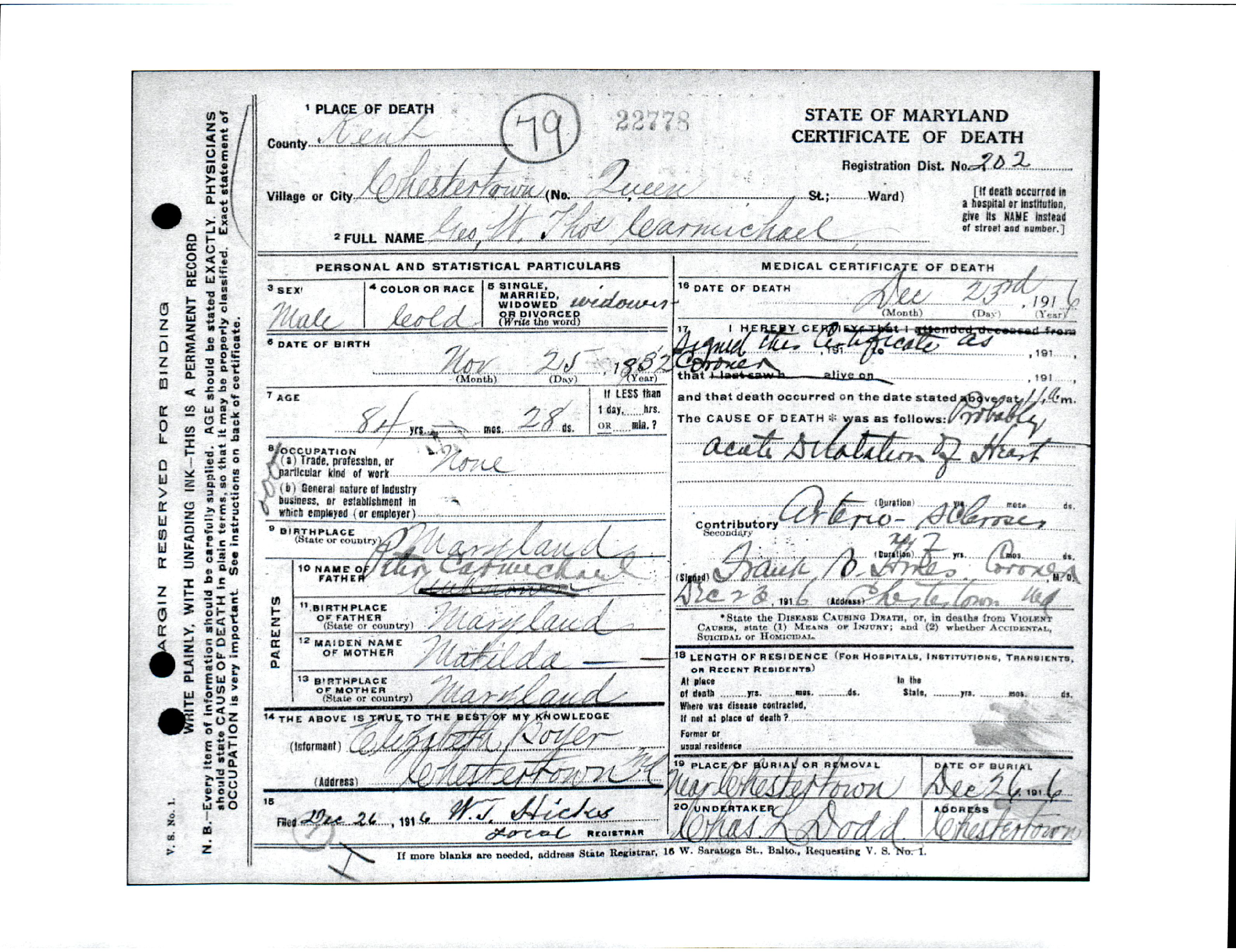
Floyd, had authorized him to surrender without a fight. Robert Anderson, was widely thought to be a Southern sympathizer, yet his sense of duty and honor compelled him to move his command to Sumter, even though the Southern-leaning secretary of war, John B. Army garrison from Fort Moultrie to Fort Sumter in the Charleston harbor, an act that appears innocuous enough 150 years after the fact but at the time was hailed as courageous by Northerners and condemned as treacherous by Southerners, who knew that the federal garrison would have to be dislodged by force once it was safely ensconced at Sumter.

The prologue opens with the transfer of the U.S. Walt Whitman’s eponymous poem “1861” sets the right tone for what follows: “Arm’d year! year of the struggle! / No dainty rhymes or sentimental love verses for you, terrible / year!” The Whitman poem also suggests the continental sweep of Goodheart’s 1861, as well as its Northern viewpoint. Goodheart has chosen his main epigraph well. Adam Goodheart’s 1861 happens to be such a book. Like movie trailers, book blurbs are meant to dazzle, so they tend to use “wow” words such as “original,” “gripping” and “epic.” Fortunate, indeed, is the reviewer who encounters a book deserving of such lavish praise.


Their purpose is to entice readers into buying the book by offering a preview of coming attractions. Book reviewers are understandably wary of book blurbs.


 0 kommentar(er)
0 kommentar(er)
